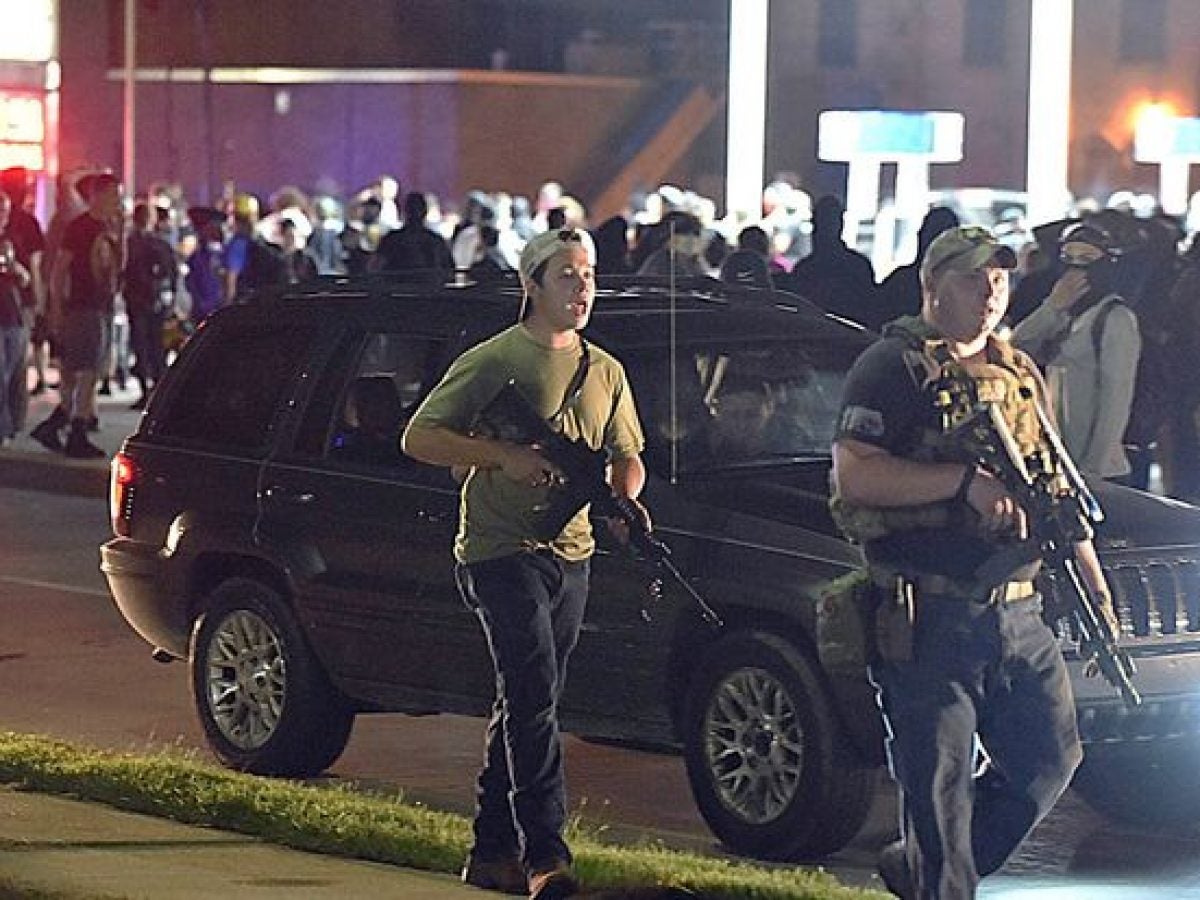
Yesterday, attorneys questioned Kyle Rittenhouse as he took the stand to try and avoid a lifelong prison sentence. It is an unusual tactic for the defendant to take the stand in a case like this, as some say it’s the equivalent of a high stakes gambling situation.
However, Rittenhouse’s wager might have paid off. His time on the stand included “sobbing so hard at one point that the judge called a break.”
At this juncture “[a] sobbing Kyle Rittenhouse already won—even before his trial is over,” said pubic policy professor Isaac Bailey. “If convicted, he’ll become a right-wing martyr. If he is freed, it’s a message to others like him that prison won’t be in their future.”
USA Today even reported, “Kyle Rittenhouse’s crocodile tears broke the internet.”
LeBron James made light of the testimony, tweeting “What tears????? I didn’t see one.”
The athlete’s tweet hasn’t gone over well with conservative pundits, with FOX News and conservative talking head having a field day in James’ quote tweets.
The jury was ordered to leave the courtroom on two separate occasions. Additionally, his nearly day-long “testimony was interrupted by an angry exchange in which his lawyers demanded a mistrial over what they argued were out-of-bounds questions asked of him by the chief prosecutor. The judge, though plainly mad at the prosecutor, did not immediately rule on the request.” If granted, a mistrial with prejudice ruling would mean that Rittenhouse would not be able to be retried.
Rittenhouse, who was 17 years old at the time, claims he was serving as a field medic that night during the protests, despite being “armed with an AR-15-style rifle.” Using this rifle, “Rittenhouse shot and killed Joseph Rosenbaum and Anthony Huber and wounded Gaige Grosskreutz during the protests in Kenosha, WI over the police shooting of Joseph Blake, a Black man, in August 2020.
Rittenhouse was subsequently “charged with five felonies, including first-degree reckless homicide, first-degree intentional homicide and attempted first-degree intentional homicide, and two counts of recklessly endangering safety in the first degree. He also was charged with possession of a dangerous weapon under the age of 18, a misdemeanor.”
During his testimony in the high-profile trial, Rittenhouse stated “”I brought the gun for my protection, but I didn’t think I would have to use the gun and end up defending myself…He was chasing me, I was alone, he threated to kill me earlier that night. I didn’t want to have to shoot him…I pointed it at him because he kept running at me and I didn’t want him to chase me…If I would have let Mr. Rosenbaum take my firearm from me, he would have used it and killed me with it and probably killed more people if I would have let him get my gun.” At one point Rittenhouse said, “I didn’t do anything wrong. I defended myself.”
As the trial winds down, experts in the legal field contend that this case hinges on the prosecution team’s ability to effectively argue whether or not “Rittenhouse’s intentional use of deadly force with an AR-15 at close range undermines his claims of self-defense.”
As court drew to a close yesterday, the judge “told the jury he expected to finish the case by early next week.”





